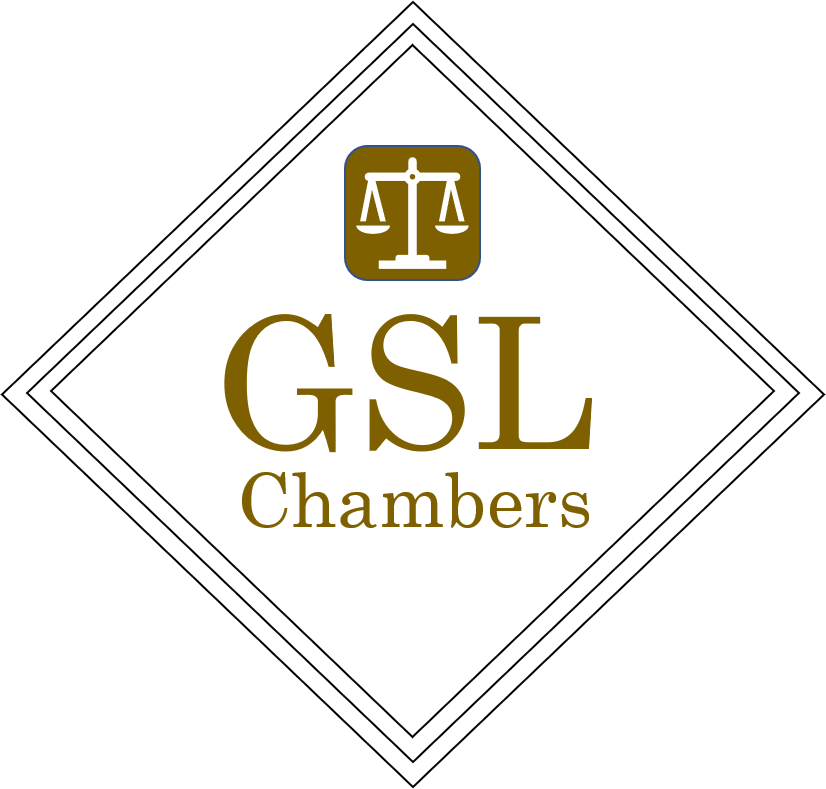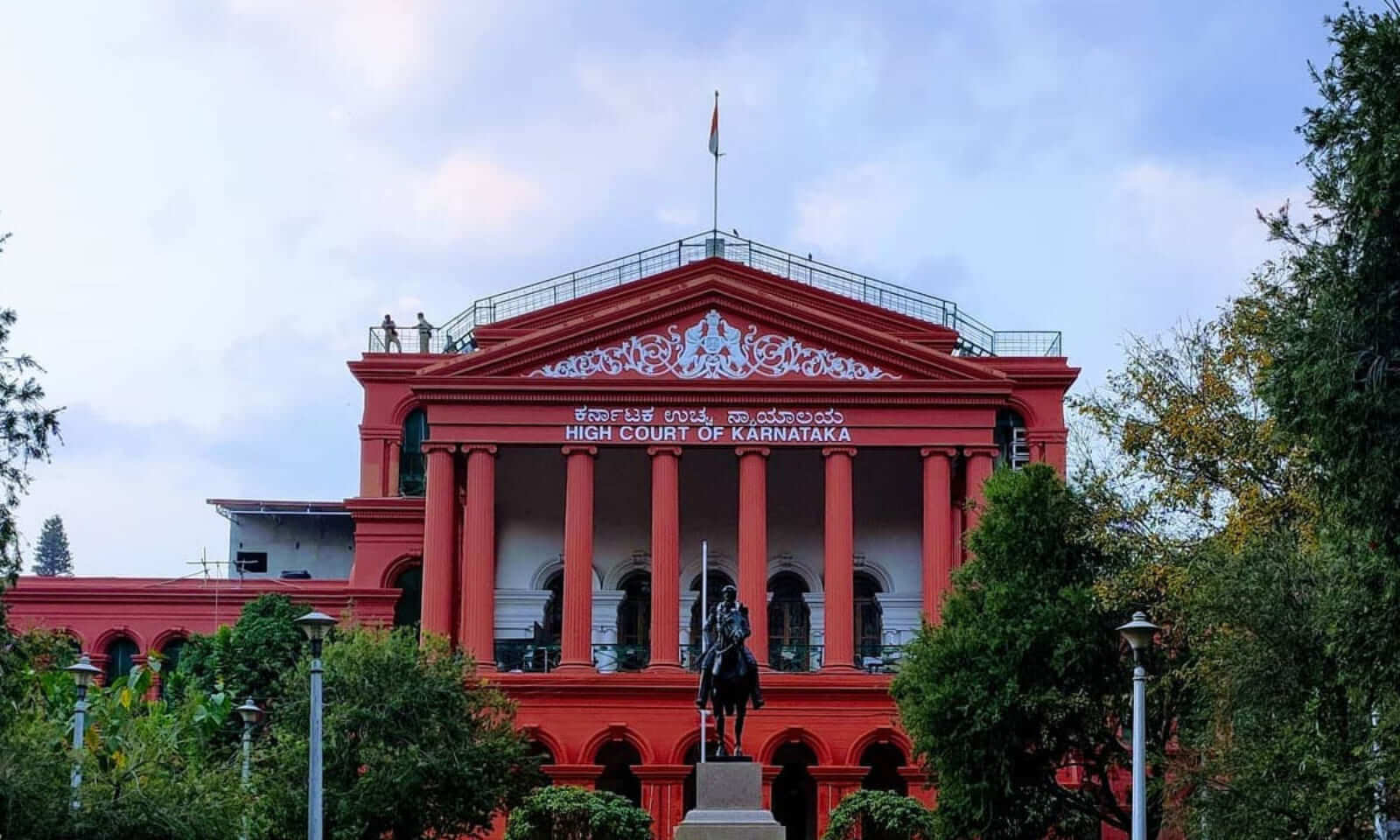Judgement Analysis
State of Karnataka vs. State of Meghalaya
[Civil Appeal Nos.10466-10476 Of 2011]
Decided on 23.03.2022
– Shagun Srivastava and Preeyal Gupta
Introduction
Hon’ble Supreme Court through A bench of Justice M.R. Shah and Justice B.V Nagarathna on 23rd March, 2022, while interpreting the legislative power of the States on imposing tax on lottery, gave a landmark judgement by the name of State of Karnataka & Anr. v. State of Meghalaya & Anr., wherein, the concept of lottery was brought under the ambit of ‘betting and gambling’.
Previously, The Division Bench of Karnataka High Court vide orders dated December 27th, 2010 and March 7th, 2011 held that the Karnataka Tax on Lotteries Act, 2004 was unlawful and that the legislature has no legislative power to impose taxation on lotteries.
Similarly, vide orders dated 30th April, 2020, 9th August, 2021 and 10th August, 2021, the Division Bench of Kerala High Court held that the Kerala Government had no power to enact the Kerala Tax on Paper Lotteries, Act, 2005.
Being aggrieved by the impugned judgements passed by the Karnataka High Court and the Kerala High Court, the respective states approached the Supreme Court through an appeal.
Observations By The Supreme Court
1. The Supreme Court relied on Article 246 of the Indian Constitution while deciding the legislative powers of the Union and the State legislature. The Apex Court affirmed its obligation to ensure that when the entries from the three lists are interpreted, they need to be viewed in their widest scope instead of being decoded in a myopic manner. Furthermore, in the case of conflict or overlapping between entries, every possible attempt should be made by the court to resolve them. The Hon’ble Supreme Court applied the Doctrine of Pith and Substance that is “If an enactment substantially falls within the powers expressly conferred by the Constitution upon the legislature which enacted it, it cannot be held to be invalid merely because it incidentally encroaches on matters assigned to another legislature.”[1]
2. In order to elucidate Entry 62 of List II, the Court referred to Article 265 of the Constitution of India which states that only the authority of law can levy and collect taxes. Furthermore, light was thrown upon Article 289, which is based upon the concept of federalism and intergovernmental immunity, that restrains the Union to impose taxes on the property and income of the State except when the Parliament by law authorises the Union to do so.
3. The Supreme Court cited numerous judgments so as to bring out the pertinent principles of interpretation of taxation Entries in List II even when regulation of an activity is provided under an Entry in List I. However, emphasis was laid on M.P.V Sundararamier and Co. vs. State of Andhra Pradesh – [AIR 1958 SC 468] and State of West Bengal vs. Kesoram Industries Limited – [(2004) 10 SCC 201] wherein, the following were noted :
a) The State had power under Entry 54 of List II to impose a tax on inter-State sales but it would be subject to restrictions included under Article 286(2) of the Constitution. Therefore, the Constitution was amended to vest the power to tax inter-State sales with the Centre.[2]
b) Where a power is with the Union to regulate and control, such power of the Union cannot result in depriving the States of their power to levy tax or fee within its legislative competence without trenching upon the field of regulation and control. Thus, there is a distinction between power to regulate and control and power to tax, the two being distinct.[3]
4. The Apex Court decided the parameters of tax by dividing them into four distinct categories mainly :
a) Subject of tax which in the instant case encompasses the conduct of lottery schemes within the State of Kerala and Karnataka,
b) Measure of tax which in the instant case is based on the types of draws,
c) Rate of tax which in the instant case was said to be a dependable variable and was to be determined on the basis of the measure of tax and
d) The Incidence of tax which in the instant case was said to fall on the promoters of the lottery.
5. In order to understand the nature of lottery, the Supreme Court enumerated innumerable credible dictionary meanings of lottery and infamous judgements like RMDC vs. State of Mysore – [AIR 1962 SC 594] and State of Bombay vs. R.M.D. Chamarbaugwala – [AIR 1957 SC 699]. Finally, the Court came to the conclusion that “It is evident that ‘lotteries’ and ‘gambling’ activities, to be termed as such, must inherently 75 have an element of ‘chance’ in the manner in which the result thereof is determined.” and “‘lotteries’ are a species within the genus of ‘gambling.”. Two elements involved in the sale of lottery tickets were identified as :
a) The right to participate in a draw, and,
b) The right to win the prize, dependent on chance
Everything considered, it was determined that the sale of a lottery ticket is very much in the nature of a transfer of an actionable claim or a choice in action.
In view of the aforesaid following has been held by the Hon’ble Supreme Court:
1. The subject “betting and gambling” under Entry 34 of List II is within the legislative competence of the State.
2. Lotteries are a species of gambling activity and are within the ambit of the expression “betting and gambling” under Entry 34 of List II.
3. The expression “betting and gambling” is a genus, thus including several kinds and types of activities, like horse racing, wheeling and other local variations/forms of ‘betting and gambling’, within the subject of Entry 34 of List II. However, “lotteries organised by the Government of India or the Government of a State ” is a subject of Entry 40 of List I and is excluded from Entry 34 of List II. Having said that, lotteries conducted by private entities or by instrumentalities or agencies authorised, by Government of India or the Government of State, Entry 34 of List II will come in effect.
4. The State Legislature is denuded of their power only to the extent of lotteries organised by the Government of India or the Government of a State under Entry 34 of List II as a result of Entry 40 of List I. All other activities, however, are very well within the ambit of ‘betting and gambling’ under Entry 34 of List II.
5. Under Entry 62 of List II, the State is empowered to impose tax on “luxuries, including taxes on entertainments, amusements, betting and gambling”. The Court held that since all kinds of lotteries, irrespective of their organiser, are within the ambit of “betting and gambling”, the State legislature has power to impose taxes on lotteries under Entry 62 of List II. Hence, the Karnataka Tax on Lotteries Act, 2004 and the Kerala Tax on Paper Lotteries, Act, 2005 are constitutional and well within the legislative power of the State Legislations.
6. Lotteries organised by the Government of India or the Government of State under Entry 40 of List I are only within the realm of regulation of such lotteries and do not restrict the power to impose taxes on the same.
7. The express provisions of the impugned Acts of Karnataka and Kerala require the agents of the Respondent States to register for conducting lottery in the States of Karnataka and Kerala which itself indicates sufficient territorial nexus between the States organising the lottery and the Petitioner States.
8. The Supreme Court outlawed the decision of the Division Benches of the High Courts of Kerala and Karnataka and held that the State Legislatures have full legislative competence to impose taxes on lotteries being conducted by other States in their States.
Conclusion
The Supreme Court via this judgement has given a new definition to lotteries by bringing them within the ambit of ‘betting and gambling’ and has empowered States by entrusting them with the power to levy taxes for conducting lottery in their own States. This judgement, while giving a benefit to the States under whose territory the lottery is being conducted, serves as a major drawback to the States organising the lottery. While the future implications of this judgement cannot be ascertained today, one thing for definite is that this judgement will have a considerable impact on succeeding cases.
[1] State of Karnataka v. State of Meghalaya, CIVIL APPEAL NOS.10466-10476 OF 2011, decided on 23.03.2022
[2] Ibid.
[3] State of Karnataka v. State of Meghalaya, CIVIL APPEAL NOS.10466-10476 OF 2011, decided on 23.03.2022


